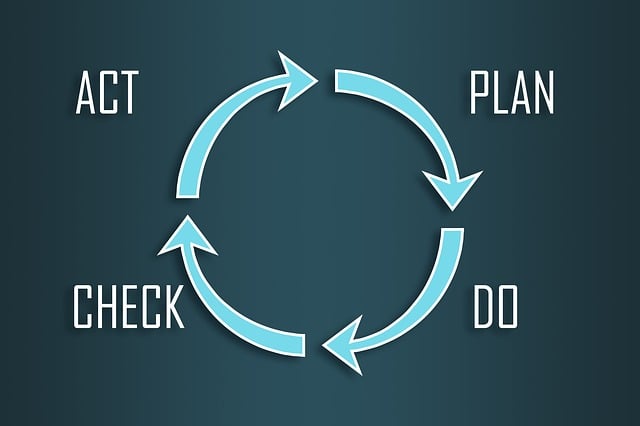Event Planning for Local Businesses: Define clear objectives like fostering partnerships or attracting investors to guide every decision from venue choice to promotions. Break down goals into measurable metrics for evaluation. Focus on meaningful connections and industry-specific tailoring, with formats resonating locally. Understand target demographics and needs for effective engagement in a competitive market.
In the dynamic world of local business growth, efficient networking events can be a game-changer. This article guides you through meticulous event planning, from setting clear objectives to promoting and engaging attendees effectively. We explore strategic logistics, including venue selection and timing, ensuring your event is accessible and appealing. By implementing these strategies, local businesses can maximize connections and foster meaningful relationships, ultimately driving success in today’s competitive market.
- Setting Clear Objectives for Your Event
- – Define the purpose of the networking event
- – Identify target audience and their needs
Setting Clear Objectives for Your Event

When planning networking events for local businesses, setting clear objectives is paramount. Define the primary goals of your event—is it to foster new partnerships, attract potential investors, or enhance brand visibility? Establishing these objectives guides every decision from venue selection to promotional strategies. Knowing your desired outcome ensures that the event caters to the needs of both attendees and sponsors, creating a meaningful experience for all involved.
For efficient event planning, break down objectives into measurable metrics. For instance, if attracting investors is a priority, aim for a specific number of high-profile guests or set milestones for investment discussions. These clear targets help in evaluating the event’s success and provide valuable insights for future networking initiatives tailored to local business communities.
– Define the purpose of the networking event

The primary goal of a networking event, especially for local businesses, is to foster meaningful connections and partnerships that drive growth and success. Efficient event planning involves clearly defining this objective, whether it’s to expand market reach, source potential collaborators, or recruit new talent. By setting a precise purpose, organizers can tailor the event format, invite relevant attendees, and create an environment conducive to productive interactions.
For local business owners, these gatherings offer a unique opportunity to showcase their expertise, build brand visibility, and establish themselves within the community. Well-planned networking events attract like-minded professionals, creating a platform for knowledge sharing, industry insights, and potential joint ventures. This strategic approach to event planning ensures that every interaction is purposeful, leaving participants with valuable connections and a sense of engagement.
– Identify target audience and their needs

When planning networking events for local businesses, understanding your target audience is paramount. Different industries and business sizes have unique needs and expectations. For instance, a tech startup ecosystem event will cater to young entrepreneurs with an interest in innovation, while a chamber of commerce gathering might attract established small business owners seeking collaboration opportunities. Identify the demographics, pain points, and goals of your intended participants to tailor the event’s focus accordingly.
Event planners should also consider the format and activities that resonate best with local businesses. Interactive workshops, panel discussions, or speed-networking sessions can foster meaningful connections. Ensuring these events are accessible, locally focused, and offer tangible benefits like industry insights, partnerships, or potential clients will attract and engage your target audience effectively, ultimately enhancing the event’s success in a competitive market.
Efficient networking events are a powerful tool for local businesses to connect, grow, and thrive. By setting clear objectives, understanding your target audience, and implementing strategic planning, you can create an event that fosters meaningful connections and drives business outcomes. Remember, successful event planning is about more than just organizing a gathering; it’s about creating opportunities that resonate with attendees and leave a lasting impact.
